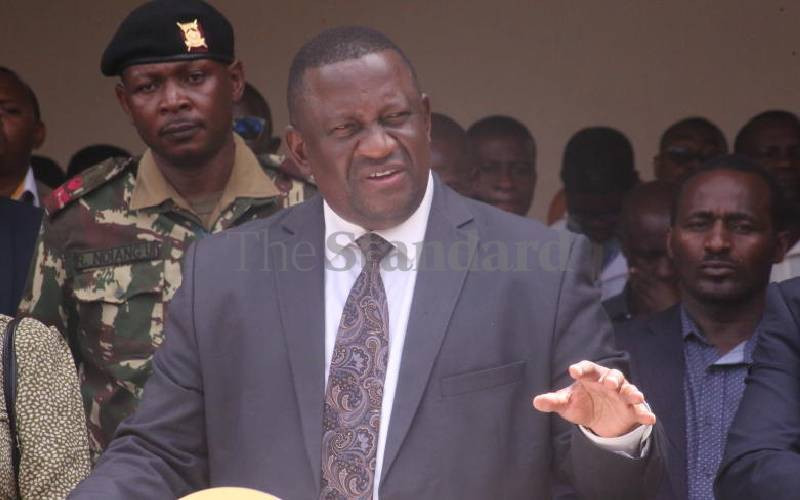×
The Standard e-Paper
Home To Bold Columnists

Mining, Blue Economy and Maritime Affairs Cabinet Secretary Salim Mvurya has urged the Technical University of Mombasa (TUM) to focus on blue economy, mining and technology courses which are market-oriented.
Mvurya said that there is a challenge in expertise for geo-survey and ground truthing, sampling and testing of minerals.